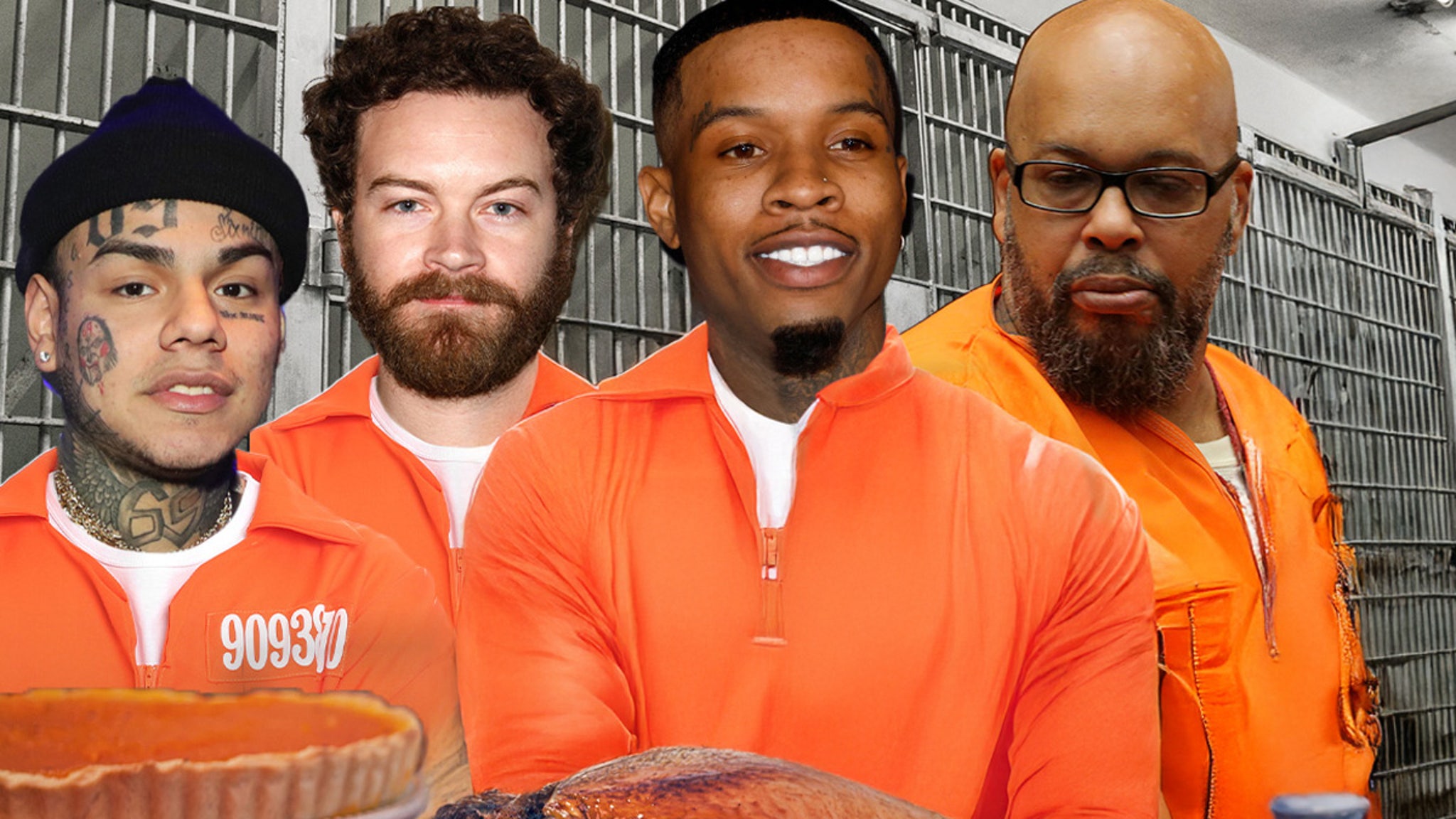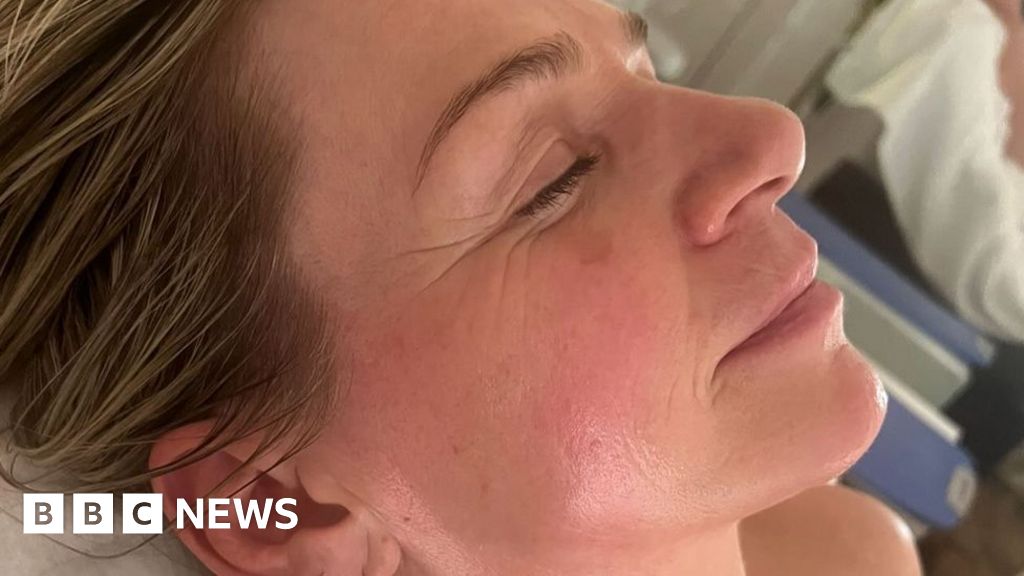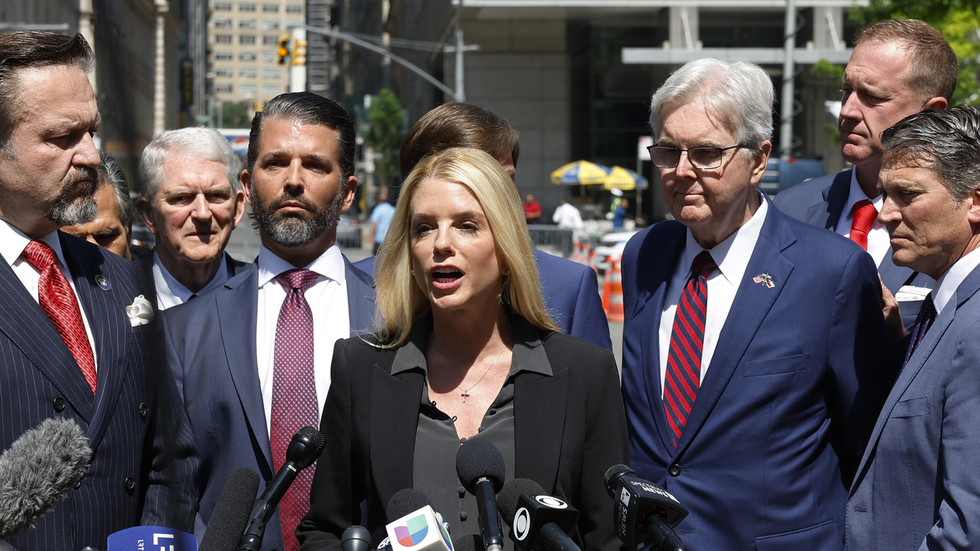Last Friday night, “Wicked” star Cynthia Erivo surprised a theater full of moviegoers at the Odeon Leicester Square in her hometown of London. As the actor walked onto the small stage, the audience erupted into screams at a pitch that rivaled Elphaba’s own high notes.
“This has been the most amazing tour, but this is probably the most amazing part of it,” Erivo told the giddy crowd. “You’re one of the first sets of people to come watch this film and I wanted to say thank you personally.” Erivo kept her remarks short and sweet, closing with a wink to one of Elphaba’s most famous lines from the hit Broadway musical-turned-Universal movie: “Pink and green goes well together.”
Indeed, the signature colors of the film’s protagonists have gone golden as “Wicked” shot to No. 1 at the global box office with $165 million — breaking records for the biggest opening for a film based on a Broadway adaptation and the best start for a non-sequel film this year, among others. Much of the success can be attributed to Erivo’s onscreen chemistry with co-star Ariana Grande as they portrayed Oz’s most famous witches Elphaba (later known as the Wicked Witch of the West) and Galinda (later Glinda the Good) — and the way they showed off that bond while promoting the film around the world.
But, if we’re holding space for the lyrics of “Defying Gravity,” there’s a reason (aside from Erivo’s generational vocal talent). The song hits differently when she belts it because underneath all that green is a Black queer woman.
It’s the kind of distinction that shouldn’t matter, but considering “Wicked” is an allegory for the arbitrary nature of racism and discrimination, there’s something particularly impactful about the character being portrayed by a person of color who is intimately aware of Elphaba’s oppression and her daily battle against it.
Erivo is the second Black woman to play Elphaba in a major production of “Wicked.” Alexia Khadime was the first Black woman to portray the character full-time (Khadime starred in the West End production from 2008-2010 and returned to the role in 2023). But with “Wicked’s” global theatrical release, Erivo’s version will be the most widely-viewed Elphaba to date.
“I hope it’s a bit of a love letter to everyone who feels different, who feels out of place, to all of the Black women who have walked into rooms and felt like they haven’t been welcomed,” Erivo told Variety. “To anyone who’s walked into a room and felt like they haven’t been welcomed. I am really glad to be the conduit through which this character has been brought to the world.”
One of the most impactful additions to the movie version of “Wicked” is expanding Elphaba’s backstory, so audiences bear witness to the bullying and rejection she faced as a young girl (played by 10-year-old Karis Musongole). Then, at the climax of “Defying Gravity,” which serves as the epic finale to Part 1, Elphaba comes face-to-face with her younger self, as she embraces the superpower that’s always been within her and learns to soar.
“I feel like I’ve been given this incredible gift of a character whose raison d’etre is to show that all of your difference is what makes you special,” Erivo said. “That you can soar above anyone’s expectations, that you can be everything you’re meant to be, and that the search to finding that can be hard, but when it happens, it can be really freeing, really beautiful.”
Cynthia Erivo on being one of only two Black women to play Elphaba in a major production: “I feel that I’ve been given this incredible gift of a character…I’m really glad to be the conduit to which this character has been brought to the world.”
♬ original sound – Variety – VarietyErivo’s relationship to the character’s plight cuts to the core themes of the musical.
“When we created ‘Wicked’ for the stage, we were aware that we created a world in Oz where you could be anything but green,” Platt said of developing the musical with writer Winnie Holzman and composer Stephen Schwartz. “It’s very arbitrary. You can be anything. You can look like anything. You can be anybody. You can wear anything. You just can’t be green. We were aware that this is the notion of prejudice and otherness is a social construct. The metaphor being there’s a green girl and there’s a privileged beautiful blonde girl and how they meet is very much part of the power of the story.”
That’s part of what moved him and director Jon M. Chu when Erivo walked into the audition and shared her story about taking herself to see the musical on her 25th birthday before showing off her crystalline soprano.
“We looked at each other and we just knew: She claimed the role,” Platt recalled. “An actor always brings pieces of his, her or their life to characters they create. So it’s hard to separate out her journey as a queer Black woman where she has felt as an ‘other,’ as an outsider, as not being part of the center.. of being outside, looking in.”
Platt witnessed on set the way that Erivo’s personal journey influenced her acting. “Some of that authentic pain and emotion has come from having experienced it in her life. And the joy, when she thinks there’s a possibility of being part of that — in this instance meeting the Wizard — she plays that so authentically.”
Once she was cast in the role, Erivo had early conversations with Chu and Platt about what Elphaba would look like. Erivo wanted to ensure the character’s greenness didn’t hide her Blackness.
“I didn’t want to remove myself from Elphaba,” she said. “I wanted to connect the two.” So, she added a couple points of emphasis for Black women to relate, including the character’s long nails and a headful of microbraids.
Elphaba’s nails were also inspired by Margaret Hamilton, who played the Wicked Witch in 1939’s “The Wizard of Oz.” In researching the role, Erivo came across a photo of Hamilton with her face in profile and long nails dominating the frame.
“It’s her face and there’s a shadow and she’s sort of talons out,” Erivo said of the picture. “To be able to make that connection with what has been, what I have experienced and what I am was really wonderful. These little touch points that make Elphaba fully her just meant the world to me.”
Cynthia Erivo on designing Elphaba’s look for Wicked: “One of the first things I asked about was her hair. I didn’t want to remove myself from Elphaba, I wanted to connect the two, and so the braids became a way to nod to what was underneath the green as well.”
♬ original sound – Variety – Variety
 By Variety | Created at 2024-11-26 17:20:29 | Updated at 2024-11-28 12:49:04
1 day ago
By Variety | Created at 2024-11-26 17:20:29 | Updated at 2024-11-28 12:49:04
1 day ago








